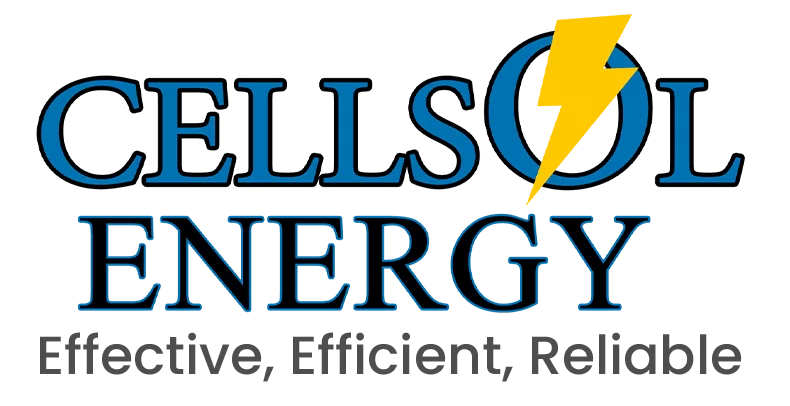HOW LONG DO SOLAR PANELS LAST? THE AVERAGE LIFESPAN OF SOLAR PANELS
Solar panels have a lifespan of 25 to 30 years on average. Homeowners and businesses across the country are becoming more interested in living a more sustainable lifestyle. Going solar is the best way to transition to clean, sustainable energy while also drastically reducing — or even eliminating — your monthly utility bills!
To get the most out of your solar panel installation, you should first understand the average lifespan of solar panels and decide whether a solar power system is a good investment for your home or business. In this section, we’ll go over how to extend the life of your solar panel system, the specific maintenance required, why degradation may occur, and other factors that affect solar panel lifespan or efficiency.
WHY DO SOLAR PANELS DEGRADE?
Solar panels may degrade faster than predicted for several reasons. Crystalline silicon panels may experience a higher rate of degradation when solar panels are exposed to extreme changes in climate, experience heavy soiling, or are improperly installed. The superiority of the technology that different manufacturers use can play a role as well.
WHAT IS A SOLAR PANEL DEGRADATION RATE?
Over their lifetime, solar panel systems will lose their ability to absorb sunlight and convert it into solar energy. However, this gradual loss of efficiency takes many years to occur. Hot weather and the natural decrease in the chemical potency of the panels, also known as the “degradation rate,” are factors that contribute to this.
A lower degradation rate solar panel will produce more energy over its lifetime. The lower the degradation rate, the better the solar panel. The rate of degradation of solar panels is also affected by the brand. Higher-quality panels will degrade at a slower rate than lower-quality panels, as expected.
According to a National Renewable Energy Laboratory (NREL) study, the average solar panel loses 0.8% of its output each year. Premium manufacturers, such as Sun Power, offer panels with degradation rates as low as 0.3%, implying that their panels will last significantly longer than the majority of other manufacturers. As a result, the degradation rate is an important factor to consider when comparing solar panels during your pre-purchase research.
WEATHER
The weather also has an impact on the longevity of solar panels.
A strong windstorm can cause tree branches to fall and possibly damage the solar panels’ anti-reflective glass coating. Heavy snowfall can cause panels to lose structural integrity and accelerate deterioration, while large hailstones can cause glass damage.
Most manufacturers, however, test and certify their panels to withstand storms and other severe weather conditions.
INSTALLATION ISSUES
Solar panels are typically free of flaws because they are designed to last. However, you should exercise extra caution when connecting and installing panels for the first time. When arranging solar panel arrays, solar engineers must consider the connection system as well as the condition of the roof.
If an installer fails to properly assess any issues, an old, damaged, or leaky roof can cause serious problems later on. Before doing any work on your home or business, do your research and find a reputable installer.
FACTORS THAT IMPACT THE EFFICIENCY AND PERFORMANCE OF SOLAR PANELS
When it comes to technology, there is no such thing as perfection. Here are some of the factors that may have an impact on the efficiency or performance of your solar panel system.
MOUNTING POSITION
Solar panels work by absorbing as much solar energy as possible. Installing your panels so that they receive as much sunlight as possible will increase their efficiency. As a result, mounting is an important factor to consider when it comes to energy production.
Roof solar panels absorb varying amounts of sunlight as the sun moves across the sky throughout the day. However, in general, south-facing is the best orientation for all-day solar exposure.
SOLAR IRRADIATION
Most people believe that the sun’s heat causes photovoltaic (PV) cells in solar panels to generate electricity. In fact, sunlight is required for solar panels to function properly and produce sustainable energy. The amount of power generated by solar panels is directly proportional to the amount of sunlight (UV rays) that fall on the panel.
TEMPERATURE
Before installing solar panels on your home or business, you should consider the average temperature in your area.
Excessive heat can reduce the energy production of your system. Considering your area’s climate will assist you in arranging your solar panels in a way that allows for adequate airflow, keeping them at the proper temperature for optimal operating conditions.

